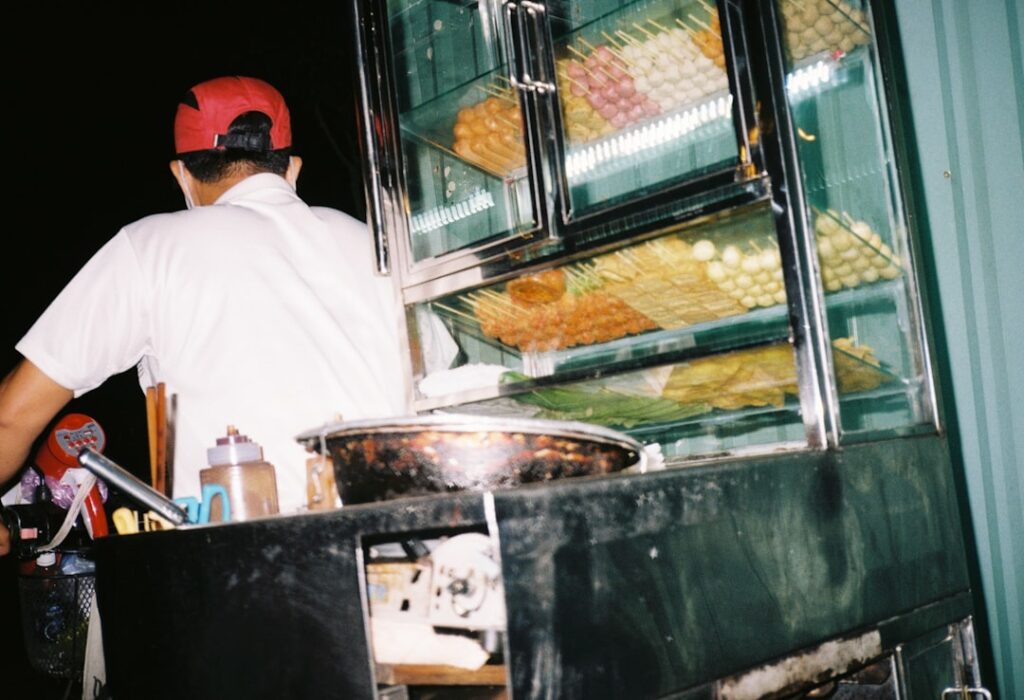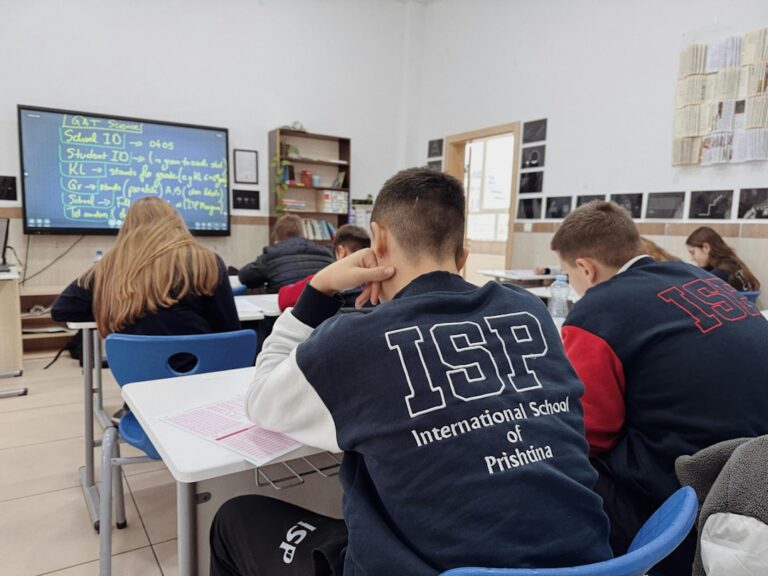
Southeast Asia, with its rich tapestry of cultures, stunning landscapes, and vibrant cities, attracts millions of travelers each year. However, this region is also notorious for a variety of scams that can catch even the most seasoned tourists off guard. One prevalent scam involves the “friendly local” who approaches unsuspecting travelers, often in popular tourist areas.
These individuals may offer unsolicited advice or suggest visiting certain attractions, only to lead tourists to overpriced shops or restaurants where they receive a commission for bringing in customers. This tactic exploits the natural curiosity and friendliness of travelers, making it essential to remain cautious when approached by strangers. Another common scam is the “tuk-tuk” or taxi scam, where drivers claim that a particular attraction is closed or too far to walk.
They then offer to take tourists to alternative sites, which often turn out to be less desirable or more expensive. In some cases, these drivers may even take tourists on a convoluted route to inflate the fare. Additionally, there are scams involving counterfeit goods, where vendors sell fake designer items at seemingly bargain prices.
Tourists may be lured in by the allure of luxury brands but end up with subpar products that lack authenticity. Understanding these common scams is crucial for travelers to navigate the region safely and enjoyably.
Researching and Planning Your Trip
Thorough research and meticulous planning are vital components of a successful trip to Southeast Asia. Before embarking on your journey, it is advisable to familiarize yourself with the specific countries you plan to visit, as each has its unique customs, laws, and potential scams. Online forums, travel blogs, and social media platforms can provide valuable insights from fellow travelers who have firsthand experience.
Websites like TripAdvisor and Lonely Planet offer comprehensive guides that detail popular attractions, local customs, and safety tips. Engaging with these resources can help you build a well-rounded understanding of what to expect during your travels. In addition to gathering information about destinations, it is essential to create a flexible itinerary that allows for spontaneity while ensuring you cover key sites.
Consider using travel apps that provide real-time updates on local events, weather conditions, and transportation options. Moreover, researching local laws and cultural norms can prevent unintentional faux pas that might lead to misunderstandings or conflicts. For instance, in some countries, dressing modestly when visiting religious sites is not just a recommendation but a requirement.
By investing time in research and planning, you can enhance your travel experience and minimize the risk of falling victim to scams.
Being Aware of Your Surroundings

Maintaining situational awareness is a critical skill for travelers in Southeast Asia. The bustling streets of cities like Bangkok or Ho Chi Minh City can be overwhelming, with a constant flow of people, vehicles, and street vendors vying for attention. It is essential to stay alert and observe your surroundings at all times.
This means being mindful of who is around you and recognizing any unusual behavior that may indicate a potential scam or threat. For example, if someone seems overly eager to engage with you or offers unsolicited assistance, it may be wise to politely decline and continue on your way. Additionally, being aware of your surroundings extends beyond just observing people; it also involves understanding the environment you are in.
Familiarize yourself with local landmarks and transportation options so that you can navigate confidently without relying solely on strangers for directions. Using maps or navigation apps can help you stay oriented and reduce the likelihood of being misled by individuals with ulterior motives. By cultivating a heightened sense of awareness, you can better protect yourself from scams and enjoy your travel experience with greater peace of mind.
Avoiding Unlicensed Tour Operators
| Metrics | 2019 | 2020 | 2021 |
|---|---|---|---|
| Number of unlicensed operators | 25 | 20 | 15 |
| Number of reported incidents | 10 | 8 | 5 |
| Number of licensed operators | 100 | 110 | 120 |
When exploring Southeast Asia’s diverse attractions, it is crucial to choose licensed tour operators to ensure a safe and enjoyable experience. Unlicensed operators often lack the necessary permits and insurance coverage, which can lead to subpar services or even dangerous situations. These operators may offer enticing deals that seem too good to be true, but they often cut corners on safety standards or provide inadequate support during excursions.
To avoid falling into this trap, always conduct thorough research before booking any tours or activities. One effective way to identify reputable tour operators is by checking reviews on trusted travel websites or forums. Look for operators with positive feedback from previous customers regarding their professionalism, safety measures, and overall experience.
Additionally, consider seeking recommendations from fellow travelers or local tourism offices. Many countries in Southeast Asia have official tourism boards that can provide lists of licensed operators who adhere to industry standards. By prioritizing safety and quality over price alone, you can enhance your travel experience while minimizing the risk of encountering scams.
Keeping Your Belongings Safe
The bustling markets and crowded streets of Southeast Asia can pose challenges when it comes to keeping your belongings secure. Petty theft, such as pickpocketing or bag snatching, is not uncommon in tourist-heavy areas. To safeguard your valuables, consider using anti-theft bags equipped with lockable zippers and cut-resistant straps.
Wearing your bag across your body rather than slung over one shoulder can also deter thieves who may attempt to snatch it while you are distracted. In addition to using secure bags, it is wise to limit the amount of cash and valuables you carry with you daily. Only take what you need for the day and leave excess cash, passports, and other important documents in a hotel safe or secure location.
When using ATMs, choose machines located in well-lit areas or inside banks rather than those on secluded streets. Being vigilant about your belongings not only protects you from theft but also allows you to focus on enjoying your travel experience without unnecessary worry.
Negotiating Prices and Being Wary of Overcharging

Haggling is an integral part of the shopping culture in many Southeast Asian countries, particularly in markets and street stalls. While negotiating prices can be an enjoyable experience that adds to the local flavor of your trip, it is essential to approach it with caution. Many vendors initially quote inflated prices to tourists who may not be familiar with local market rates.
To avoid overpaying, do some preliminary research on typical prices for goods or services before engaging in negotiations. When negotiating, maintain a friendly demeanor while being firm about your budget. Start by offering a price lower than what you are willing to pay; this gives you room to negotiate upward while still staying within your budget.
It’s also helpful to observe how locals interact with vendors; this can provide insight into acceptable negotiation tactics and price ranges. However, if a vendor becomes aggressive or unwilling to negotiate fairly after several attempts, it may be best to walk away rather than engage in a protracted bargaining session that could lead to frustration or conflict.
Using Trusted Transportation Options
Navigating Southeast Asia’s transportation landscape can be daunting for travelers unfamiliar with the region’s systems. While options like tuk-tuks and motorbike taxis are popular for short distances, they can also be sources of scams if not approached carefully. To ensure safe and reliable transportation, consider using reputable ride-hailing apps such as Grab or Gojek, which operate in several Southeast Asian countries.
These platforms provide transparent pricing and driver information, reducing the risk of being overcharged or taken on unnecessary detours. Public transportation systems vary widely across Southeast Asia; some cities boast efficient metro systems while others rely heavily on buses or ferries. Researching local transportation options ahead of time can help you navigate more effectively and avoid potential pitfalls associated with unlicensed drivers or unsafe vehicles.
When using public transport, keep an eye on your belongings and be aware of your surroundings as crowded buses or trains can attract opportunistic thieves.
Seeking Help and Reporting Scams
Despite taking precautions, travelers may still encounter scams during their journeys in Southeast Asia. Knowing how to seek help and report these incidents is crucial for ensuring personal safety and contributing to broader efforts against criminal activity targeting tourists. In many countries, local police forces have dedicated tourist police units that are trained to assist visitors in distressing situations.
Familiarize yourself with emergency contact numbers for local authorities before your trip so that you can act quickly if needed. If you fall victim to a scam or theft, report the incident as soon as possible. This not only helps law enforcement track criminal activity but also provides valuable information for other travelers who may benefit from your experience.
Additionally, consider sharing your story on travel forums or social media platforms; this can raise awareness about specific scams and help others avoid similar pitfalls in the future. By staying informed and proactive about reporting scams, travelers can contribute to a safer environment for themselves and future visitors alike.
FAQs
What are common tourist scams in Southeast Asia?
Common tourist scams in Southeast Asia include overcharging for goods and services, fake tour operators, pickpocketing, and gem scams.
How can I avoid being scammed as a tourist in Southeast Asia?
To avoid being scammed as a tourist in Southeast Asia, it is important to research and book tours and accommodations through reputable companies, be cautious of overly friendly strangers, keep an eye on your belongings, and be wary of deals that seem too good to be true.
What are some tips for staying safe while traveling in Southeast Asia?
Some tips for staying safe while traveling in Southeast Asia include staying aware of your surroundings, avoiding walking alone at night, keeping your valuables secure, and being cautious of strangers offering unsolicited assistance.
Are there any specific scams to watch out for in popular tourist destinations in Southeast Asia?
In popular tourist destinations in Southeast Asia, tourists should be particularly cautious of scams involving tuk-tuk drivers, fake travel agencies, counterfeit goods, and inflated prices at tourist attractions.





